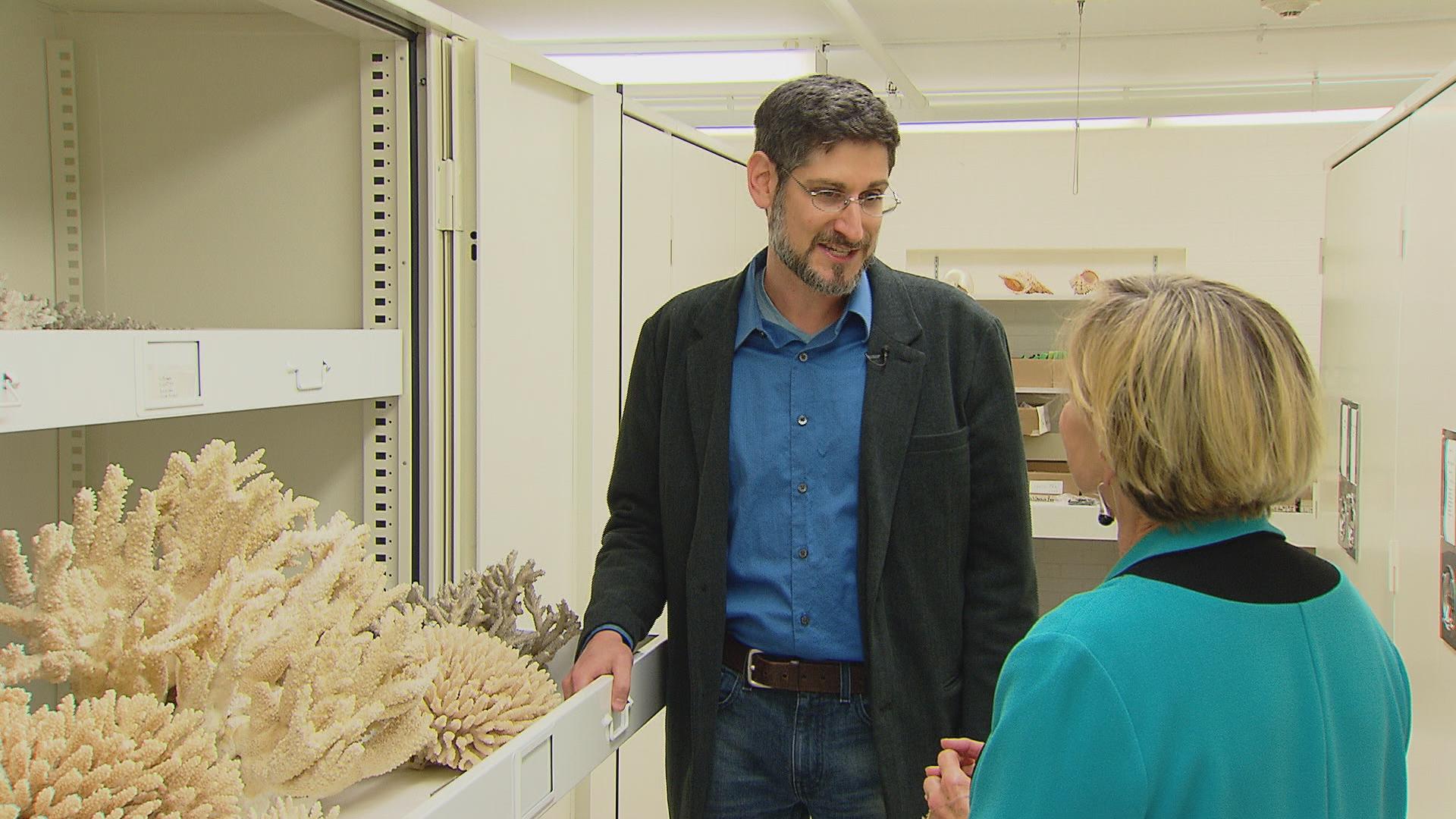Timothy Swain, Luisa Marcelino, et al. Published in European Journal of Phycology

Prof. Luisa Marcelino and her research associate, Timothy Swain, had an article titled "Phylogenetic Analysis of Symbiont Transmission Mechanisms Reveal Evolutionary Patterns in Thermotolerance and Host Specificity That Enhance Bleaching Resistance Among Vertically Transmitted Symbiodinium" published in a recent issue of the European Journal of Phycology. The importance of this manuscript is their application of phylogenetic comparative methods to assess basic questions about critical coral symbionts. These symbionts are directly responsible for coral, and therefore coral reef, growth and survival and their disassociation through climate change-induced heat stress is the primary mechanism of recent dramatic coral reef decline globally. These symbionts are transmitted between generations of corals either through maternal inheritance (Vertical Transmission: symbionts packaged in eggs) or from environmental acquisition (Horizontal Transmission: offspring must find their own symbionts). The distinction between these two transition modes is central to symbiosis biology and evolution, with differing suites of traits associated with both. But they didn't know how those suites of traits may translate into resistance to heat stress and there are equally plausible arguments to be made that either suite of traits may be more resistant to heat stress. They created a new phylogenetic tree (evolutionary hypothesis) to accurately assess correlations between heat stress susceptibility and symbiont transmission mode, and demonstrated that vertically transmitted symbionts are more tolerant to heat stress. This research will help inform predictions about the outcome of climate change-induced heat stress events and mitigation efforts for resource mangers.
To read the publication, click here.

Dr. Timothy Swain is a symbiosis biologist, marine ecologist, and molecular phylogeneticist with 24 years of experience working on marine symbiotic systems. He is a research associate in the lab of Dr. Luisa Marcelino in the Department of Civil and Environmental Engineering and a Scientific Affiliate at the Field Museum.

Dr. Luisa Marcelino, a molecular biologist and microbiologist, is an Assistant Professor at the Department of Civil and Environmental Engineering at McCormick School of Engineering and Applied Science at Northwestern University. Prof. Marcelino’s work focuses on the effects of global climate change in a very productive and diverse marine ecosystem: coral reefs. Her group works on developing and applying optical, genetic and phylogenetic methods together with modeling to study the coral-algal symbiosis under increased temperature stress (coral-bleaching).
